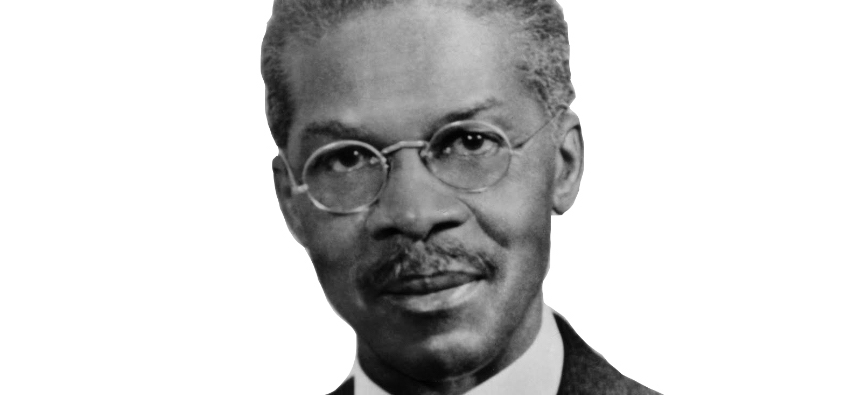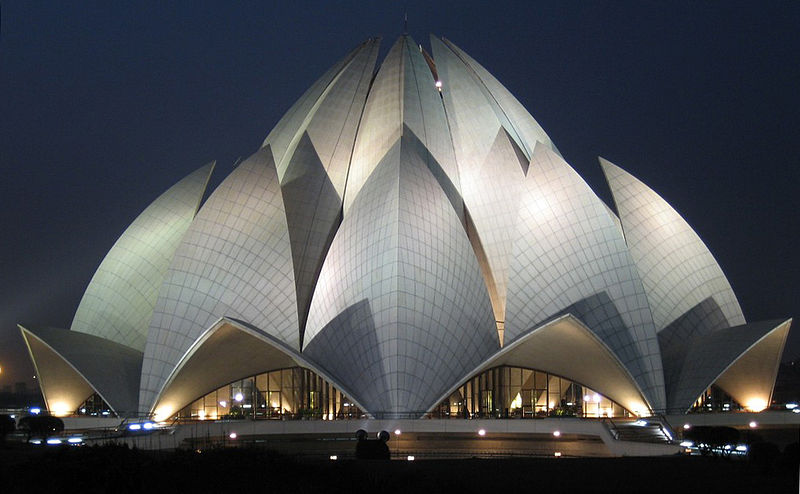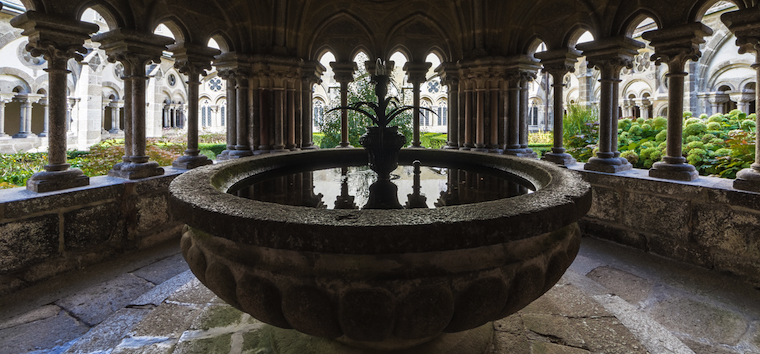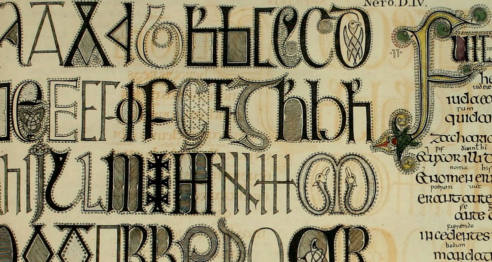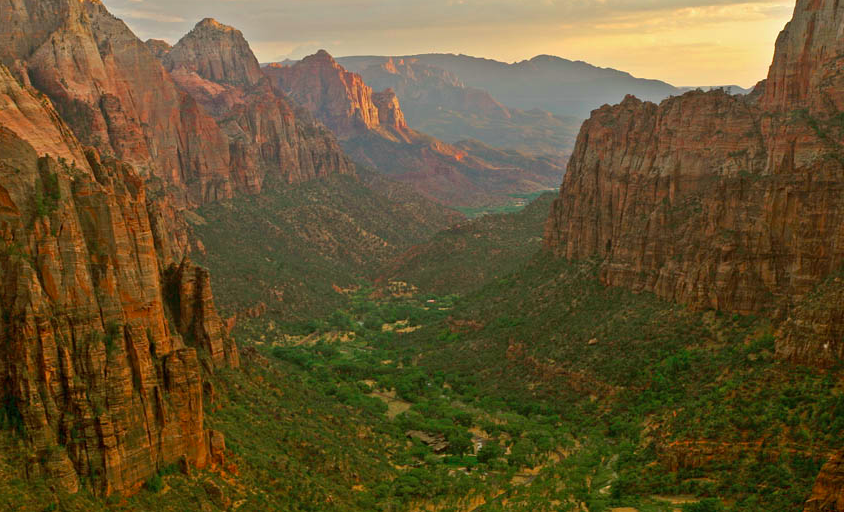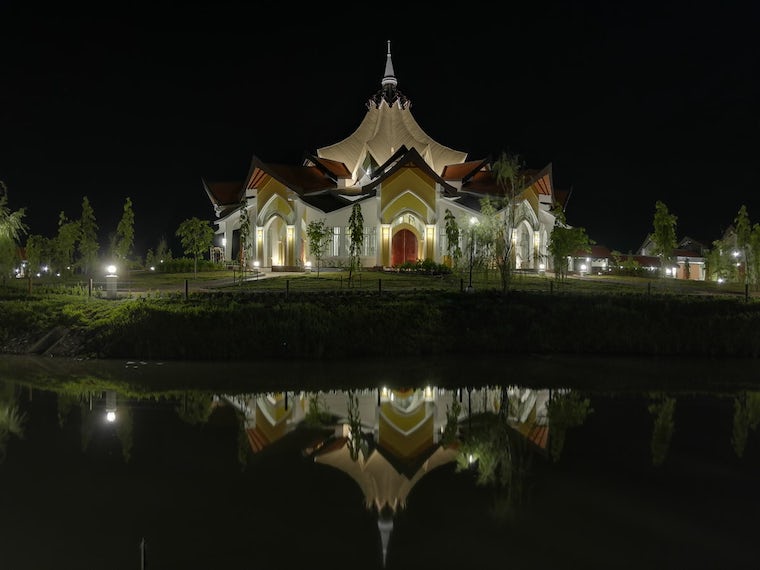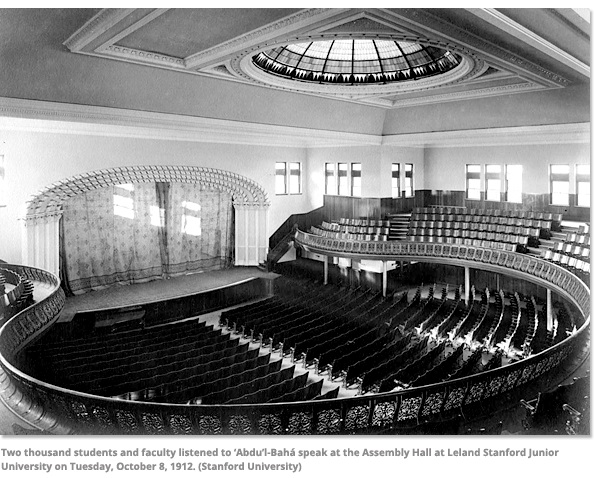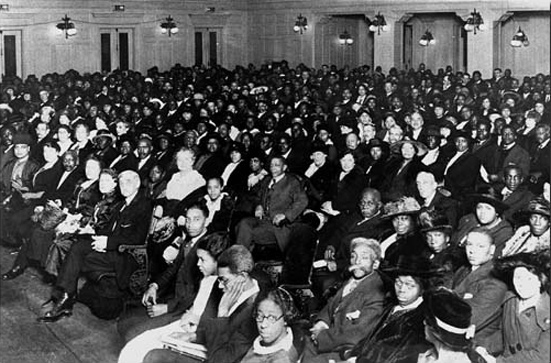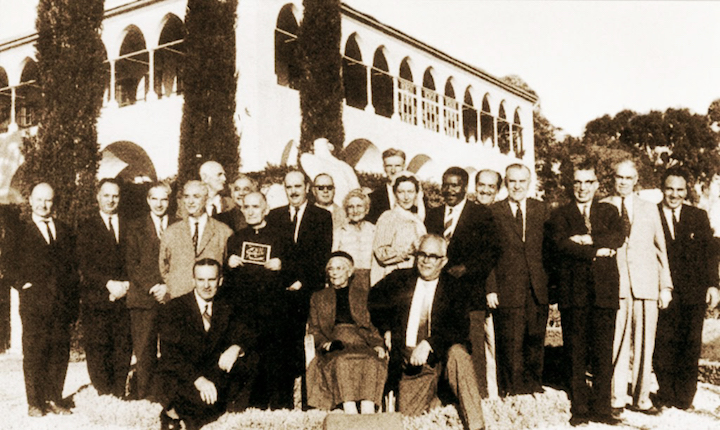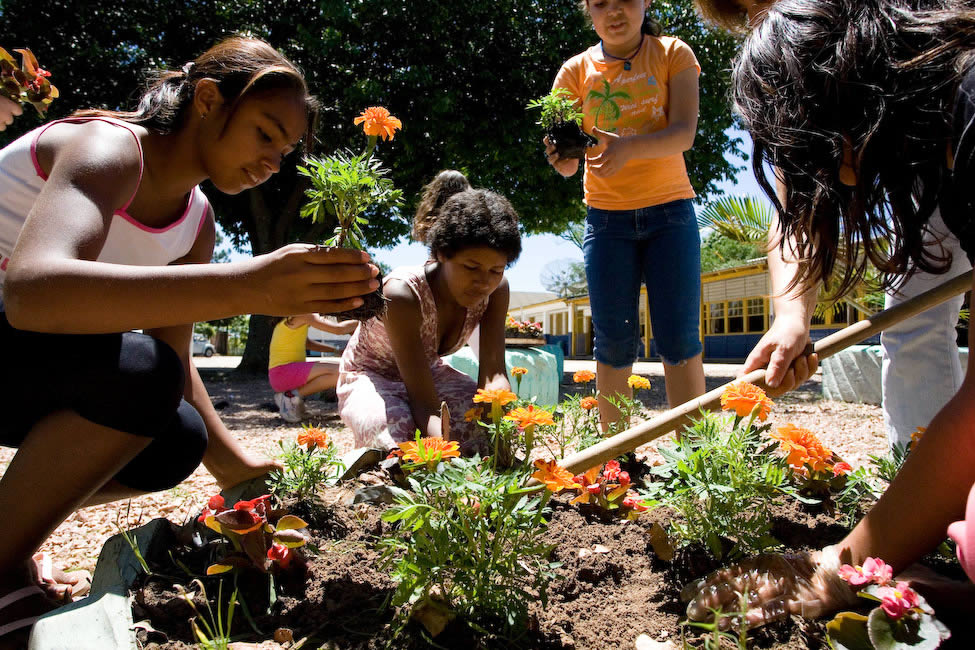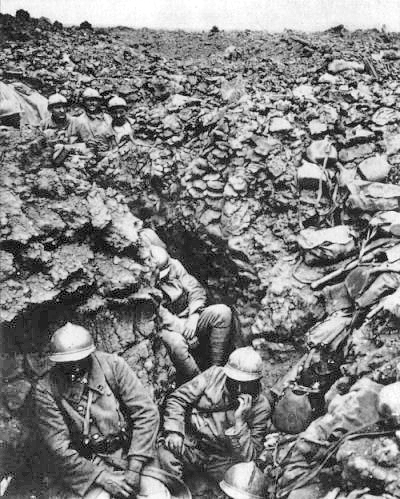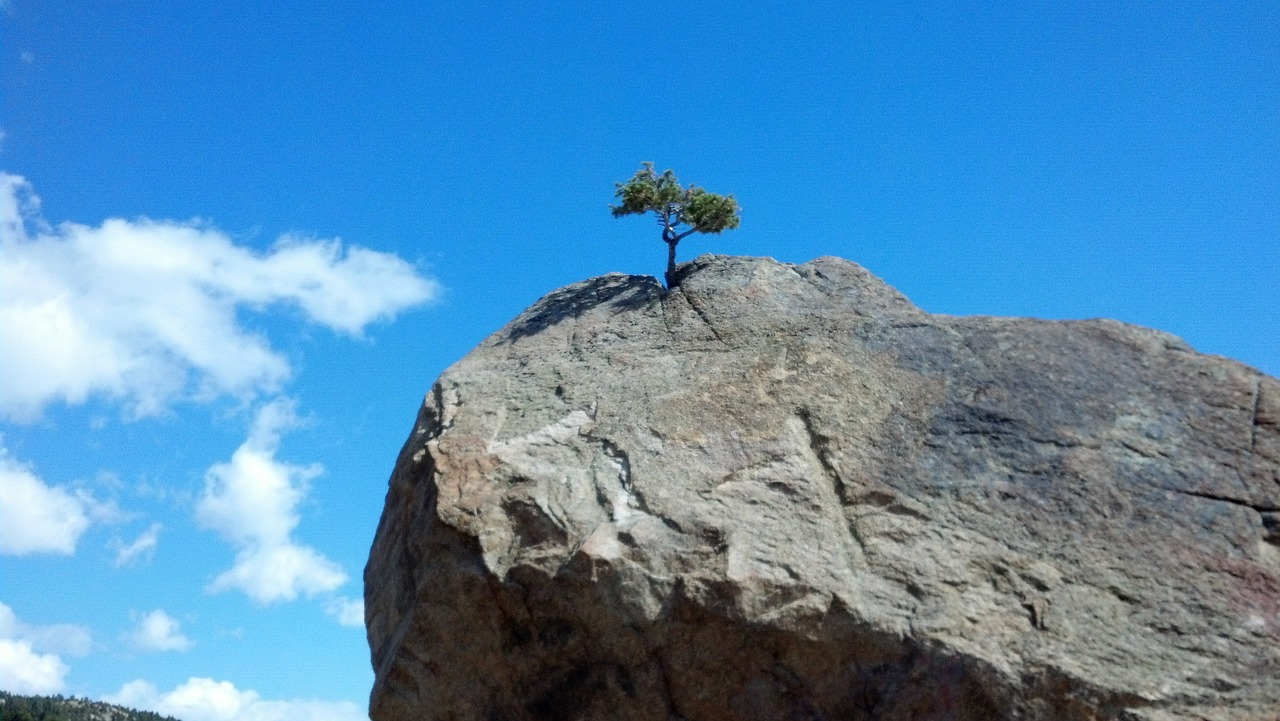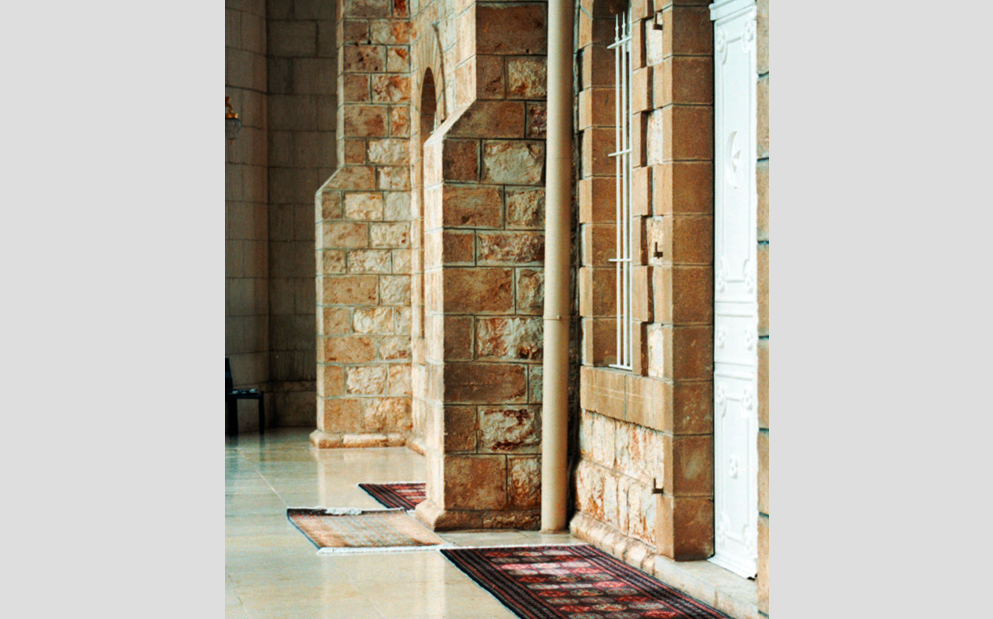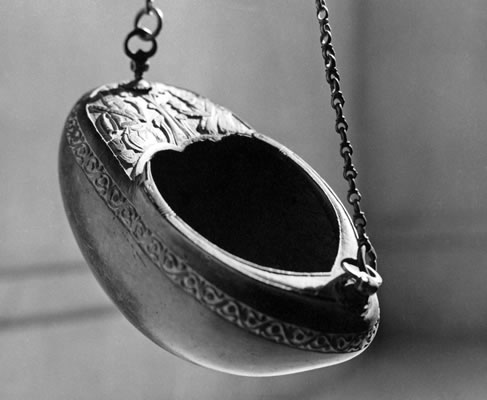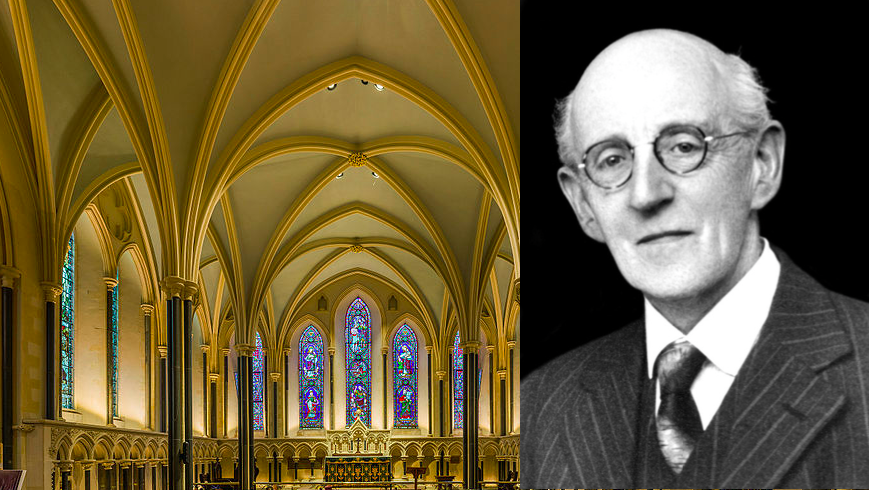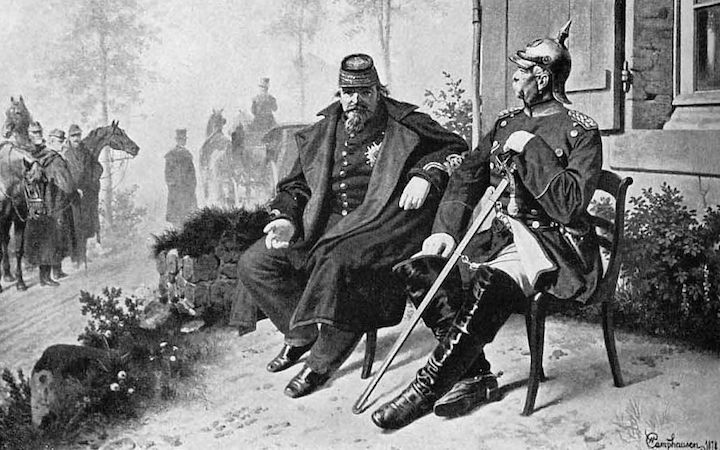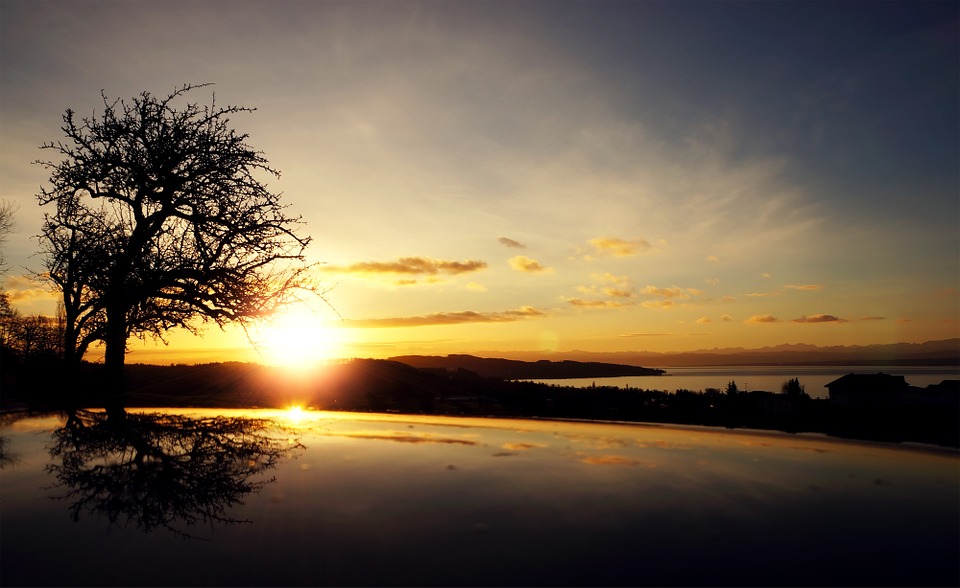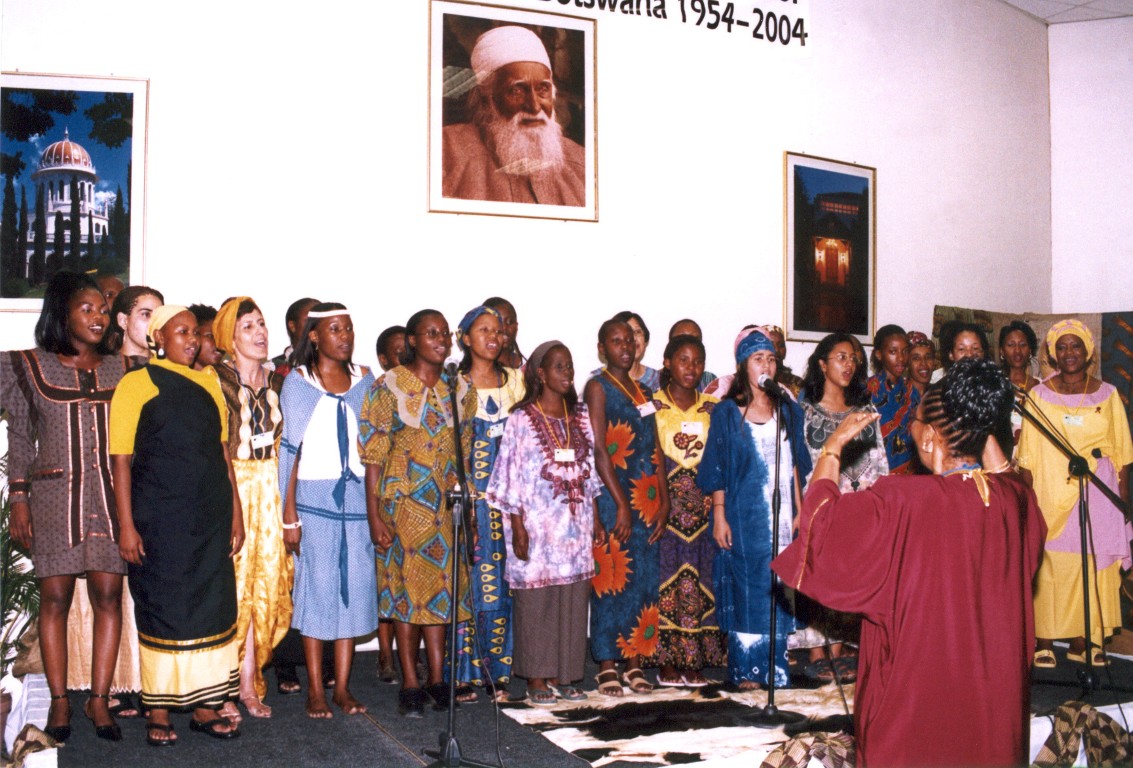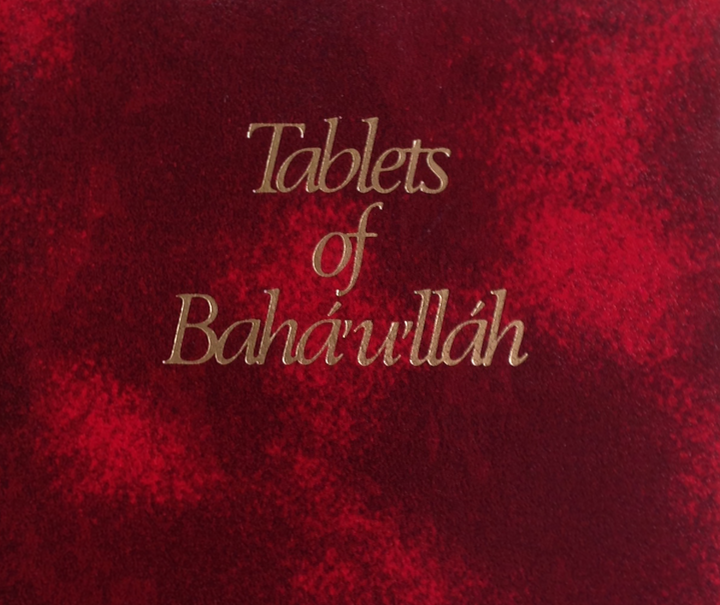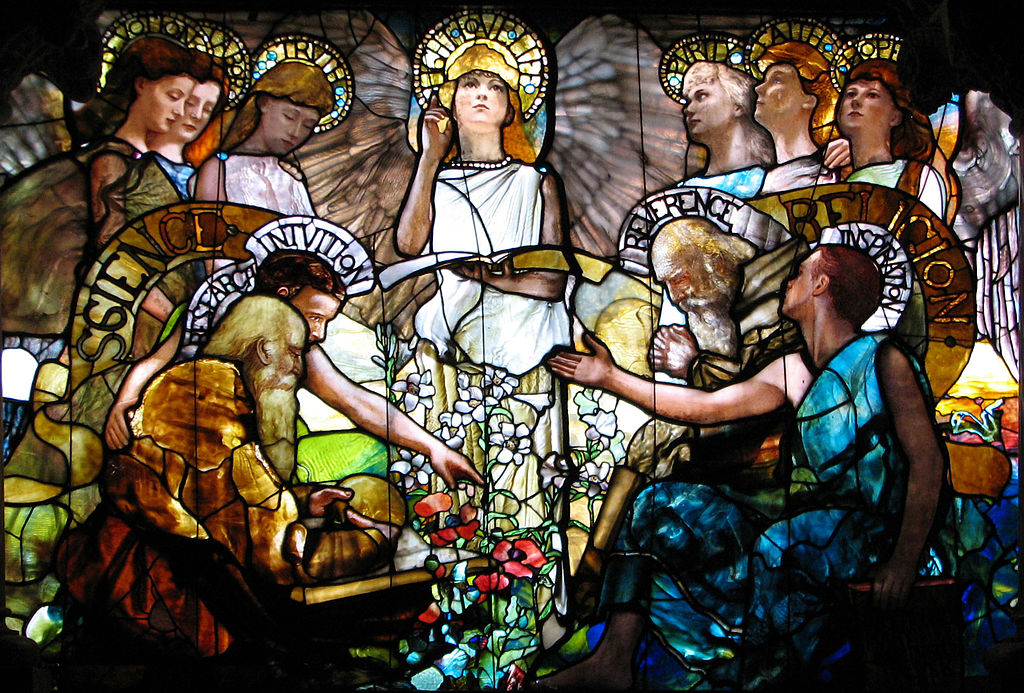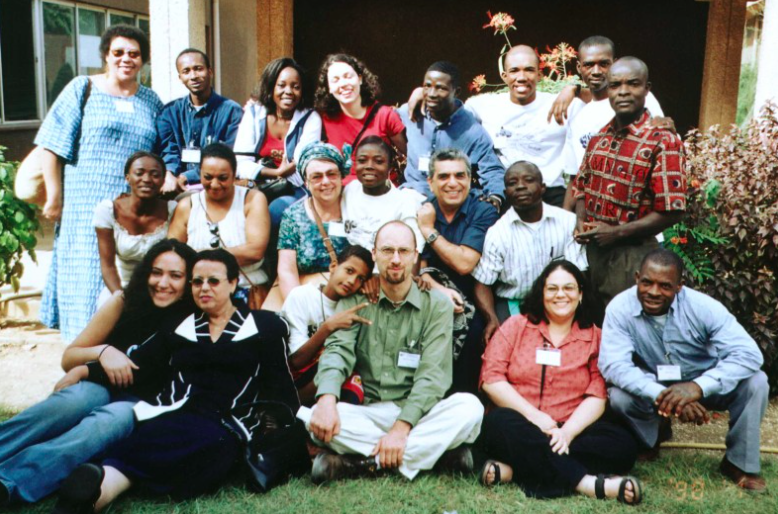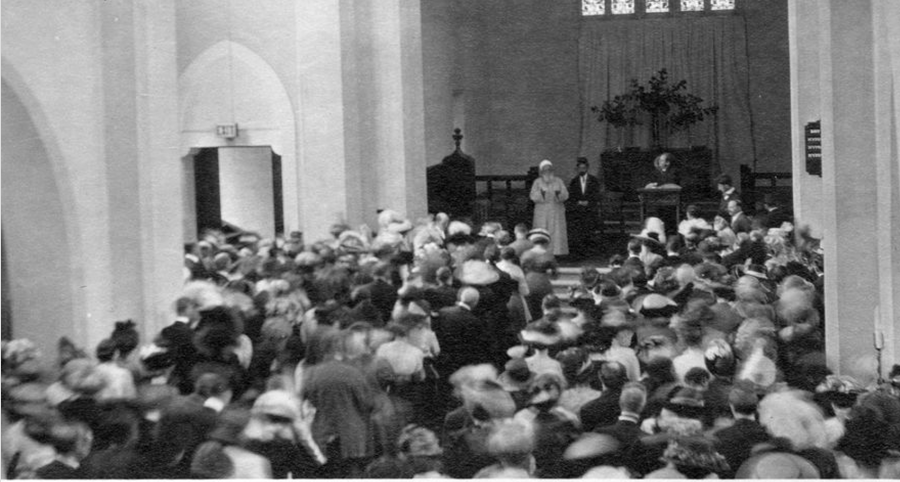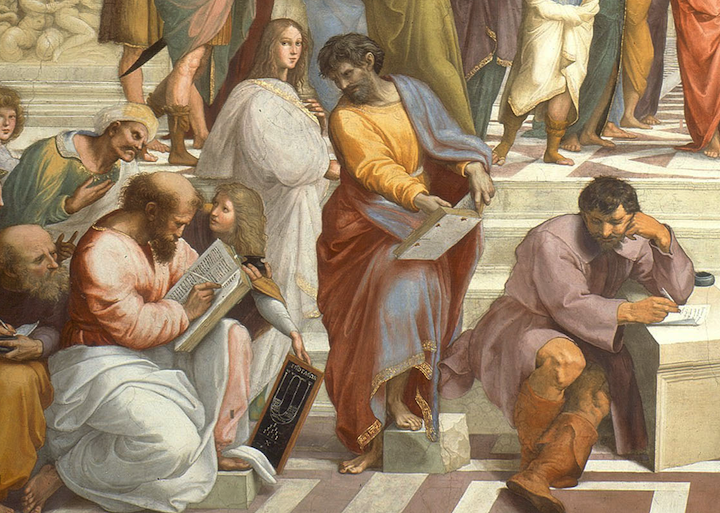-
Louis Gregory – Service to the Oneness of Humanity
Slavery was not a tale read from dusty history books for Louis Gregory. It was a close family memory. Louis Gregory was born in 1874. Both Louis’ parents had been freed from slavery by the civil war. His grandmother on his mother’s side, was an African transported to America as a slave in the Atlantic slave trade, and his grandfather was her white master. When Louis was four his father died. At age 7, Louis Gregory witnessed the murder of his African American grandfather by the Ku Klux Klan, because of his grandfather’s success as a blacksmith. At age 17 Louis lost his mother, who died in child birth. From these difficult beginnings, his life began…
-
Taking Things Too Literally vs. Interpreting Texts for the Oneness of Humanity
Taking things too literally – particularly religious texts – can be a problem – as we tragically see in our world. In some cases it contributes to murderous results. In other cases it creates irresolvable conflicts between communities and points of view. This article discusses how Bahá’u’lláh interprets religious texts to lay the foundations of unity. As noted in previous articles, the overriding purpose of Bahá’u’lláh’s life’s work is the fostering of unity and friendship among human beings. How we understand and interpret religious texts affects our ability to build unified harmonious communities. To take one dimension, overly literal readings of religious texts is one factor which holds back a coherence between scientific and…
-
Consultation
It’s wonderful to speak about the unity of humankind. Who doesn’t want a peaceful world in which conflict is no more and all human beings have a safe and decent place in our world? Like all beautiful ideas – its easy to talk about but challenging to achieve How, in practice, do you build the unity of humankind and heal the many fractures in the body of humanity? Of course there is no magic wand that instantly solves all problems. Nor is it something that can possibly be achieved without the systematic and ongoing effort of a large proportion of humanity. Baha’u’llah was centrally concerned with the problem – and his life’s…
-
We can Change the Whole Atmosphere And That’s Not Good
Among Bahá’u’lláh’s prophetic warnings – one of the most striking is the capacity of human beings to change the whole atmosphere. The prediction, among other things, anticipates the idea of the Anthropocene. Strange and astonishing things exist in the earth but they are hidden from the minds and the understanding of men. These things are capable of changing the whole atmosphere of the earth and their contamination would prove lethal.[1] I am not aware of anywhere where Bahá’u’lláh further elaborates on what particular substances he had in mind. The warning though comes in the context of the more general warning of the need for moderation in civilization – that if carried to excess…
-
Courage
Mona Mahmudnizhad’s short life was crowned with courage. It’s not the kind of courage that most us of imagine having. We saw the courage of George Townshend who set out his belief in Baha’u’llah knowing it would deprive him of his livelihood. Lidia Zamenhof also courageously faced death to be with friends and family. Baha’u’llah’s own life was a life of courage – facing decades of suffering for his teachings. not for a moment did I allow Myself to be hidden from the eyes of men, nor did I consent to shield My person from their injury.[1] Although these stories are in an altogether higher league, it is clear that some level of courage…
-
George Townshend – from Cathedral to Coherence
This article needs to begin with some of George Townshend’s words – as he was above all a writer. The “Hidden Words” is a love-song. It has for its background the romance of all the ages—the Love of God and Man, of the Creator and His creature. … Strange, … that this devotional volume, so beautiful in its thought and also (it is said) in the classic purity of its style, should never have drawn to itself the attention of an English scholar and should remain after seventy years unknown to the religion and the culture of the West.[1] George Townsend wrote this in 1930, almost 90 years ago. The strangeness still persists.…
-
Baha’u’llah’s Will and Testament – the Kitab-i-Ahd
Bahá’u’lláh did something unique in the recorded history of the founders of world religions. He left a will and testament. His will and testament is from any viewpoint, a most remarkable document. It is a central constitutional document of the Baha’i Faith – yet at the same time it is a meditation on the human condition. Bahá’u’lláh calls its recipients to consciousness of the limitless human potential to which human beings can rise. Yet the text also warns of the dangers of human folly and institutes mechanisms to protect against them. Known as the Book of the Covenant (Kitab-i-Ahd), the will and testament, written in Baha’u’llah’s own hand, was unsealed and read before nine witnesses nine days…
-
Baha’i Music – ladder for the soul
Bahá’u’lláh abolishes religious prohibition of music. Music is a ladder for the soul. Abdu’l Baha explains: Among certain nations of the East, music was considered reprehensible, but in this new age the Manifest Light hath, in His holy Tablets, specifically proclaimed that music, sung or played, is spiritual food for soul and heart. The musician’s art is among those arts worthy of the highest praise… [1] The following are five brief references to music from different passages of Bahá’u’lláh’s writings. We, verily, have made music as a ladder for your souls, a means whereby they may be lifted up unto the realm on high; make it not, therefore, as wings to self and passion.[2]…
-
Higher Learning – Science and Peace
During his journey through North America Abdu’l Baha visited a number of universities. He spoke at Columbia University in New York, Howard University in Washington DC and Stanford University in Palo Alto. Much of my life is associated with universities. So these talks have special meaning at a personal level. Particularly at Columbia and Stanford, Abdu’l Baha’s spoke about science and peace – another implication of harmony of science and religion. At Howard University – at the time a university established to provide educational opportunities for African American students – Abdu’l Baha spoke of oneness of humanity and the importance of love between black and white Americans. At Colombia University, Abdu’l Baha…
